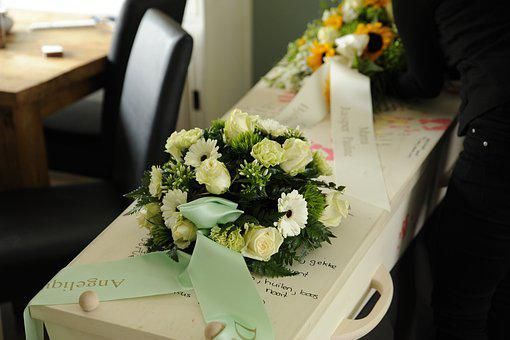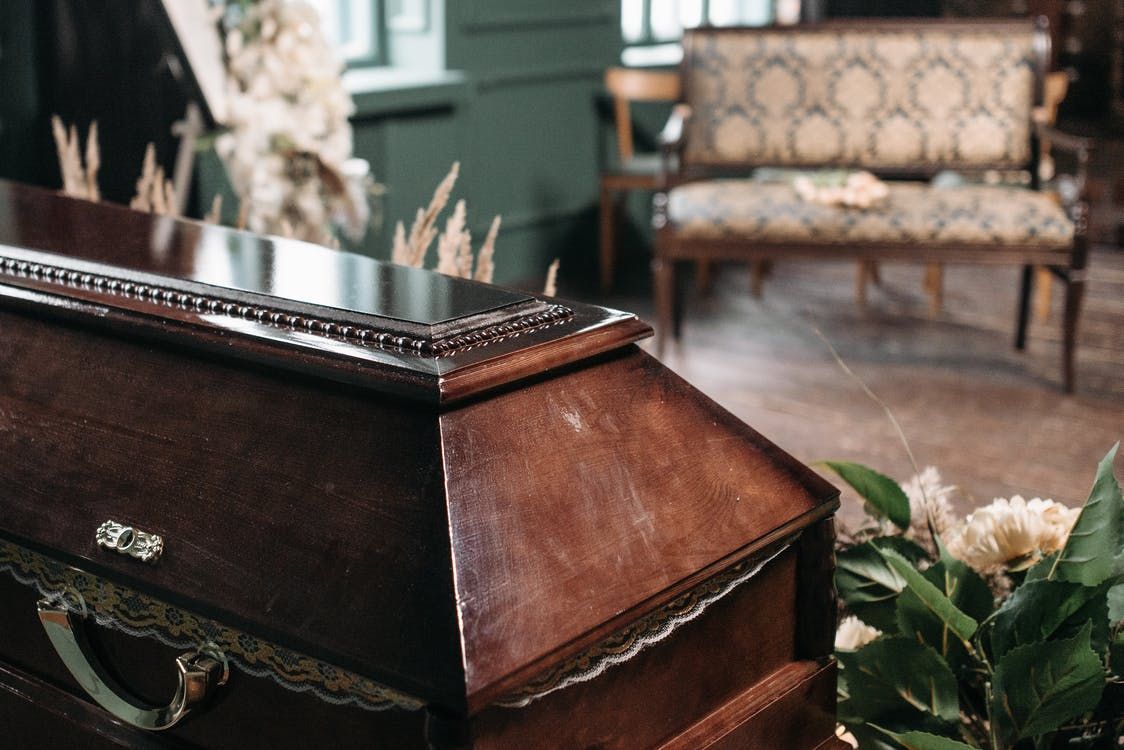Tips for Driving in a Funeral Procession
Driving in a funeral procession can be very intimidating. Click here as Reardon Simi Valley Funeral Home shares what you need to know to feel more comfortable.

Are you going to drive in a funeral procession soon and have no clue how to do so? If so, know that you are not alone. This is not something they typically teach you in driver’s education classes. Luckily, directors of funeral homes in Thousand Oaks, CA. are going to share what you need to know about driving in this new situation.
How to Line Up
If you have seen a funeral procession before you know they are all driving in a line, one car right behind the next. But how do they know what order to be in. Is this order assigned? Do you just fit in where you can?
Luckily, it is pretty easy to know where your spot is. When you arrive at the location for the funeral, there will most likely be attendant in the parking lot. If you are going to be driving in the procession, you simply let these attendants know and they will take your car and park it in the procession line for you.
Typically the lineup goes something like this:
- Lead car- This is normally a black sedan type of car provided by the funeral home and will have flags or other markers on it signifying it is leading a funeral procession.
- Hearse- Next is the hearse which will be carrying the body of the deceased.
- Family limousine- Immediately after the hearse will be the family limousine. This if for immediate family and may be a limousine or other sedan type of vehicle.
- Additional family cars- After the immediate family will be other family members.
- Rest of the guests- Following the family cars will be the rest of the guests.
- End car– This car is normally provided by the funeral home and has flags or other markers signifying it the end of the procession.
How to Drive in the Procession
When driving in the procession it is important to know that there are different rules of the road. For one, you will not be going very fast at all. Typically, this may be about 55 mph on highways and 30 mph or so on smaller roads.
Also, while normally you want to leave room between you and the car in front of you, this is not the case in this situation. In funeral processions, the cars normally stay very close to one another.
You also need to be aware that you need to stay with the car in front of you at all times. This means that even if you come to an intersection and the light is changing to red, you continue on. This is because most states give funeral processions the right of way. Of course you want to be safe and look for approaching cars, but do your best to always stay with the car in front on you.
While it can be a little intimidating to drive in a funeral procession, just remember these tips from directors of funeral homes in Thousand Oaks, CA. and it will be a lot easier.










